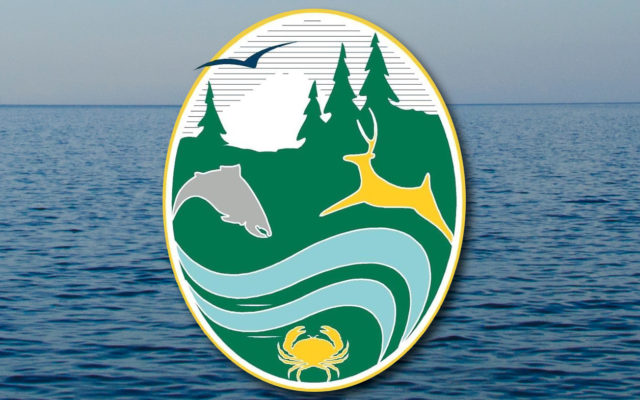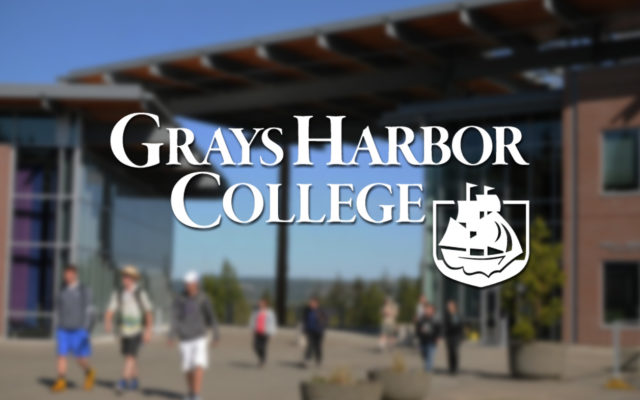Third in four-part series of virtual town halls on coastal steelhead season on Nov. 9

Washington Department of Fish and Wildlife (WDFW) fishery managers invite the public to join the upcoming meeting at at 5 p.m., Tuesday, Nov. 9, for a virtual town hall to gather final feedback on fishery options prior to setting regulations for 2021-2022 coastal steelhead season.
It marks the third meeting in a four-part series of virtual town halls this fall.
“With each town hall, we’ve gained a better understanding of the diverse perspectives of the broad community of people invested in coastal steelhead recovery,” said Kelly Cunningham, WDFW fish program director. “This third town hall gives us another chance to hear any additional proposals from the angling community as we explore fishery options for the 2021-2022 season and respond to the chronic low abundance of coastal steelhead.”
Reports from WDFW, tribal co-managers and the National Park Service show that results from stock assessments over the last 50 years suggest that coastal steelhead populations are in decline, with many 2021 returns not meeting goals for escapement, which reflects the number of steelhead surviving to the spawning grounds.
Further, steelhead survival is poor when ocean conditions are unfavorable and future returns are expected to follow extremely unfavorable conditions.
The Nov. 9 meeting will include discussion around fishery options for the 2021-2022 season. State fishery managers will consider feedback received during the meeting as they work with tribal managers later this fall to finalize management plans, which will help to guide the final fishery approach for the 2021-2022 coastal steelhead season.
Following the Nov. 9 meeting, WDFW staff will brief the Fish and Wildlife Commission during its Nov. 19 meeting on anticipated approaches for the 2021-2022 coastal steelhead season. WDFW fishery managers will then share the agreed-to fishing plans for the coastal steelhead season and take public feedback during a final virtual town hall in late November.
Last season’s fishery restricted the use of bait and fishing from a boat, ultimately ending in an early closure to help increase the number of wild steelhead that return to the spawning grounds. Tribal governments took similar steps to help support coastal steelhead conservation and are expediting post-season analysis alongside WDFW to support earlier public engagement ahead of next season.
WDFW continues to operate under its Statewide Steelhead Management Plan, which requires the department to prioritize the sustainability of wild coastal steelhead runs by focusing on healthy levels of abundance, productivity, diversity, and distribution.
For more information about the Nov. 9 town hall as well as prior and future coastal steelhead virtual town hall meetings and other opportunities to get involved, please visit wdfw.wa.gov/coastal-steelhead. The meeting will be recorded and posted online so people can also watch the meetings afterwards at their convenience.
For more information about upcoming Commission meetings, please visit wdfw.wa.gov/about/commission/meetings.



